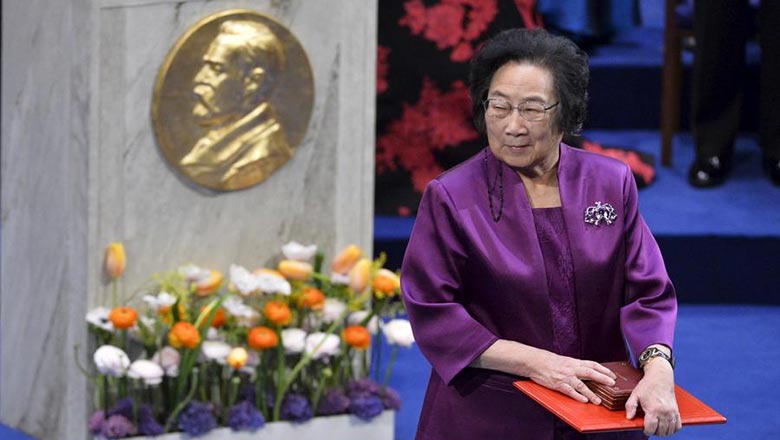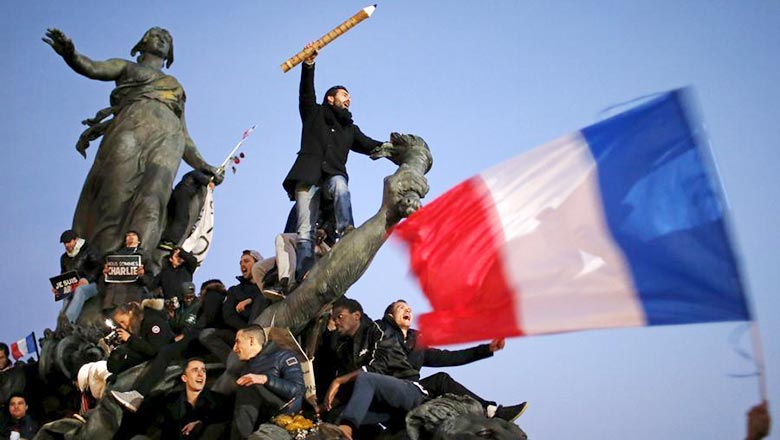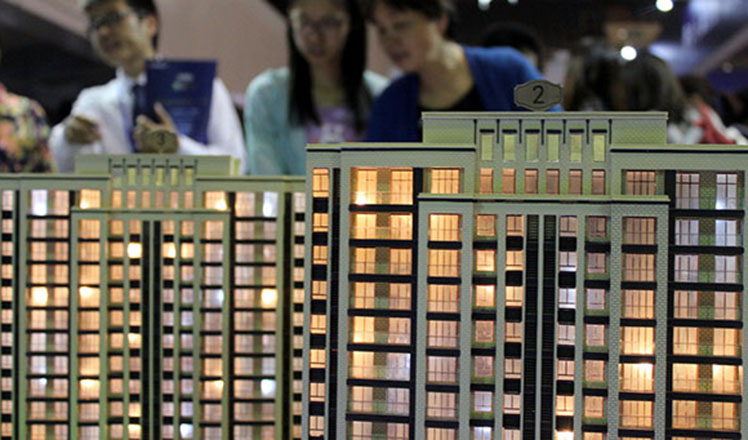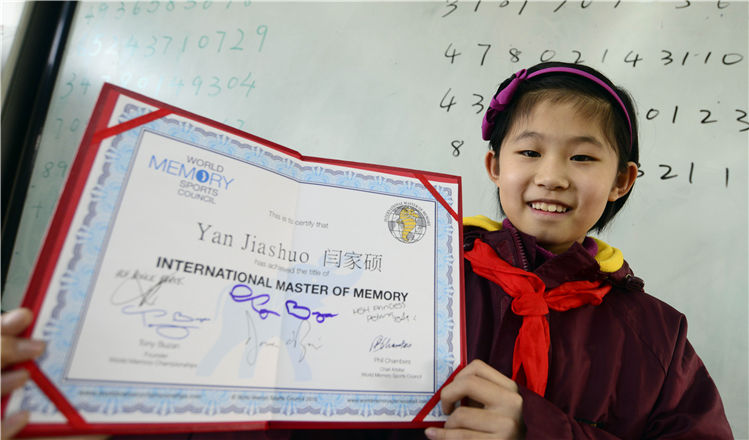China adopts first counter-terrorism law in history
Updated: 2015-12-28 07:35
(Xinhua)
|
||||||||
A statement from NPC Standing Committee earlier this week said the new definition had been inspired by a Shanghai Cooperation Organization (SCO) counter-terrorism convention, and the UN's Declaration on Measures to Eliminate International Terrorism.
A previous draft of the law, submitted in February, did not cover personal and property rights or political and ideological purposes.
"[China] opposes all extremism that seeks to instigate hatred, incite discrimination and advocate violence by distorting religious doctrines and other means, and acts to eradicate the ideological basis for terrorism," the approved bill read.
The new law comes at a delicate time for China and for the world at large - terror attacks in Paris, the bombing of a Russian passenger jet over Egypt, and the brutal killings of hostages committed by Islamic State (IS) extremist group are alerting the world about an ever-growing threat of terrorism.
According to China's top legislator Zhang Dejiang, the new law is an important part for establishing systemic rules for national security.
The law establishes basic principles for counter-terrorism work and strengthens measures of prevention, handling, punishment as well as international cooperation, he said.
Under the new bill, telecom operators and internet service providers are required to provide technical support and assistance, including decryption, to police and national security authorities in prevention and investigation of terrorist activities.
They should also prevent dissemination of information on terrorism and extremism.
Li Shouwei of the National People's Congress (NPC) Standing Committee legislative affairs commission, said the rule accorded with the actual work needed to fight terrorism and was basically the same as other major countries.
"The clause reflects lessons China has learned from other countries and is a result of wide solicitation of public opinion," he added.
"(It) will not affect companies' normal business nor install backdoors to infringe intellectual property rights, or ... citizens freedom of speech on the internet and their religious freedom," Li said.
- More aid from China set for Syria
- Japanese journalist reportedly being held in Syria
- New York City has warmest Christmas Eve on record
- One dead as fight leads to fatal shooting at North Carolina mall
- Trump's lead bodes well for Hillary Clinton's presidential bid
- Spanish Socialist leader insists no support for Rajoy

 China's top scientific achievements in 2015
China's top scientific achievements in 2015
 Yearend 2015: A picture and its story
Yearend 2015: A picture and its story
 Christmas celebrated across the world
Christmas celebrated across the world
 HK car show kicks off during Christmas season
HK car show kicks off during Christmas season
 10 major economic policies that will make a difference on lives
10 major economic policies that will make a difference on lives
 Santa Claus is busy in China
Santa Claus is busy in China
 Yearend 2015: Heartstopping images captured by daredevils
Yearend 2015: Heartstopping images captured by daredevils
 Girl becomes youngest Master of Memory
Girl becomes youngest Master of Memory
Most Viewed
Editor's Picks

|

|

|

|

|

|
Today's Top News
Shooting rampage at US social services agency leaves 14 dead
Chinese bargain hunters are changing the retail game
Chinese president arrives in Turkey for G20 summit
Islamic State claims responsibility for Paris attacks
Obama, Netanyahu at White House seek to mend US-Israel ties
China, not Canada, is top US trade partner
Tu first Chinese to win Nobel Prize in Medicine
Huntsman says Sino-US relationship needs common goals
US Weekly

|

|








